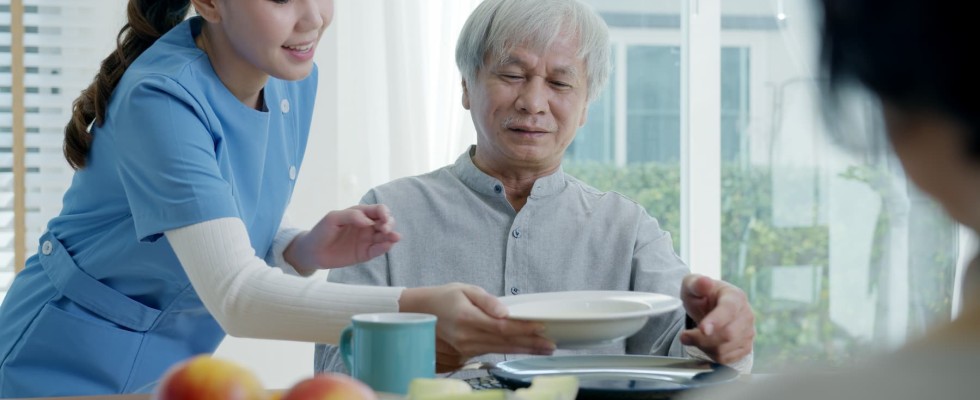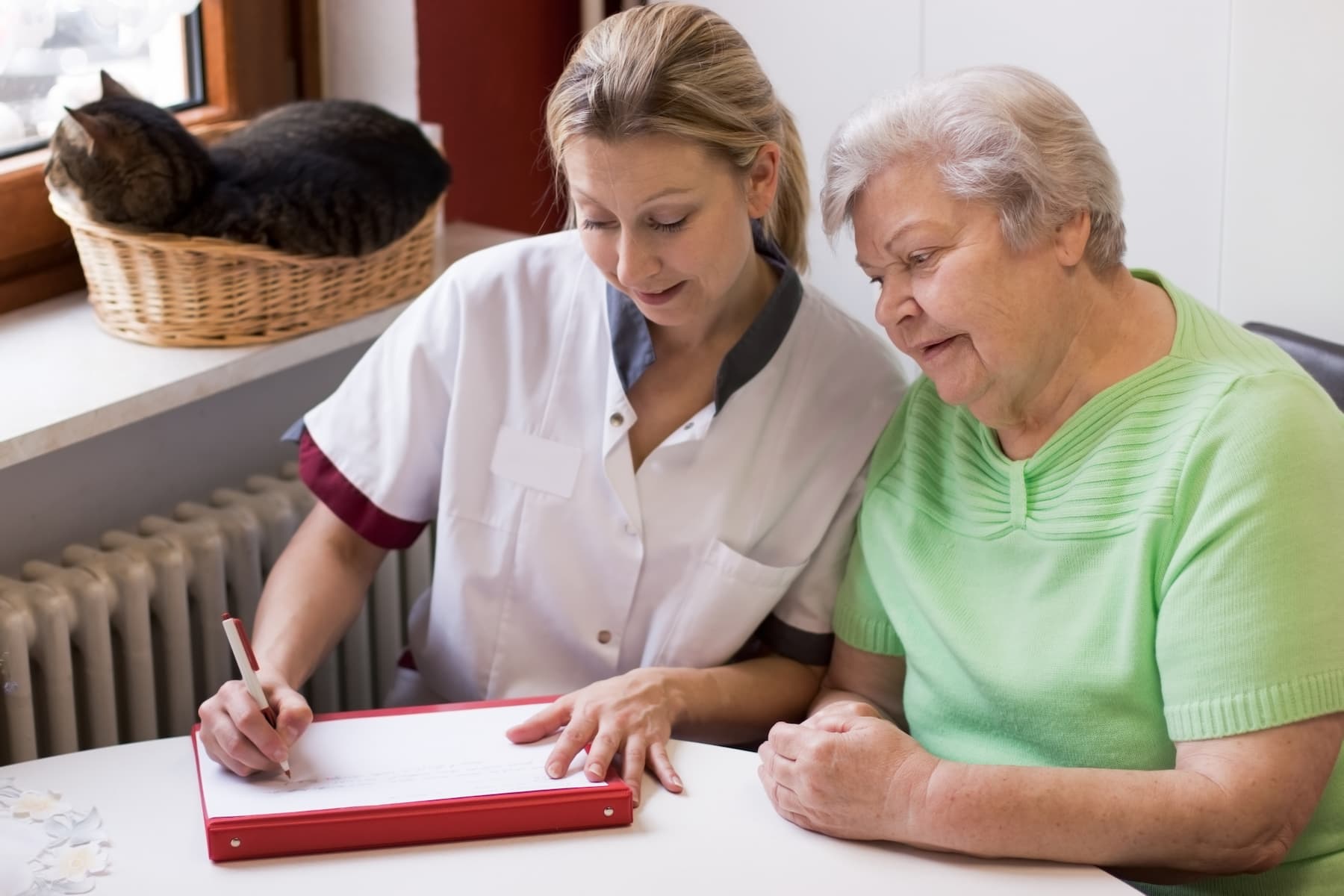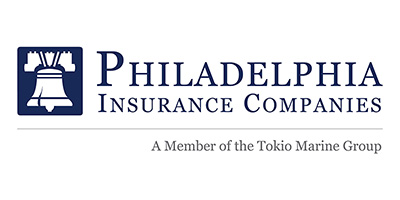
Sponsor
Top Four Risks Your Businesses Insurance Should Cover
Make sure your business is protected from these common liability claims
With over 10,000 people turning 65 every day, the demand has never been greater for at-home care options that allow people to age in-home on their terms. In fact, information from the CDC shows that five million people receive medical services from home health care personnel.
As a home health care aide providing these at-home services, you carry a lot of responsibility for your aging clients’ welfare. Don’t put yourself at risk. Make sure you have the right risk management services and liability insurance for home health care businesses to protect you if something happens to your clients while under your care.
Worry Less About Claims, and More About Care
Home health care aides like you provide a variety of services for your clients—everything from shopping, meal prep, and light housekeeping to bathing assistance, toileting, and checking blood pressure.
The diversity of these services is reflected in the top four insurance claims that could happen to you. Fortunately, the right coverages can protect you from expensive claims damages if they do, and let you keep your focus on the patients in your care.
Preparing for the Four Common Home Health Care Business Claims
1. Slips and Falls:
Slips and falls are the most common home health care business claim. Statistics from the CDC show that every second of the day, an adult 65 or older slips or falls and injures themselves. From slipping on wet surfaces, tripping on uneven surfaces, or falling while getting out of bed, these accidents can happen in an instant, injuring fragile clients.
Home health care providers can help protect themselves against costly damages with a solid general liability insurance plan. Having access to risk management services can also help prevent serious injuries.
2. Auto Accidents:
Auto accidents are the second-largest claim seen by companion care insurance providers. These accidents occur when driving a client to appointments or running client errands—whether using the client’s car or the home health aide’s car. They can also happen when caregivers drive from client to client. Working within tight schedules, caregivers may face increased accident risk from distractions and other hazards. In addition to car damage, clients and caregivers may also be injured.
Auto insurance coverage helps ensure that your agency is protected from claims should auto accidents and injuries happen. Working with an insurance company that provides driver safety services and training is also a plus.
3. Theft of Client Property:
Third on the claims list is employee theft. This usually involves the theft of small items or jewelry from the patient’s home. Another common scenario is when the caregiver doesn’t return change from purchases, or uses client credit cards for other purposes.
Even more troubling than the theft could be the client’s loss of trust. Home health care providers can use crime and fidelity coverage to help protect themselves from damages. Additional benefits offered by some insurance companies include employee screening services and background checks. These can help assure you that your clients are in good hands when your employees visit.
4. Medicine Management:
Fourth on the list is mishandling of medications in the home. This is estimated to occur over 30% of the time between patients and caregivers, according to the Agency for Healthcare Research and Quality.
Mistakes may occur through miscommunication with the patient or the physicians, failure to supervise the client taking medication, or administering it incorrectly. The results of this mishandling are harmful, and often deadly. A comprehensive general liability plan for home health aide insurance can help protect you from claims should medication mishandling occur.

Recognizing Your Top Risks Can Help You Find the Best Insurance Options
An insurance company like Philadelphia Insurance Companies (PHLY) offers the insurance coverages you need as a home health care provider, and offers services that can help reduce a significant portion of the risks you will encounter. In fact, PHLY has been protecting home health care providers and independent contractors for close to two decades, and understands the challenges you face.
PHLY has General Liability, Property, Auto, Crime and Fidelity, D&O, and more, along with umbrella coverage with large available excess limits. You’ll also be able to take advantage of a wide range of risk management tools that aren’t available elsewhere, including:
● Introduction to Home Health
● General training overview for home healthcare professionals
● Home Health Aides Abuse Prevention Training and Elder Abuse and Neglect training
● Fall prevention and wheelchair help training
● Discounted background checks
Plus, given the high number of auto accidents that can occur, PHLY also offers:
● PHLYTRAC GPS Tracking
● Online defensive driver training
● Distracted driver training
● Hazardous driving conditions training
Most of these tools fall under our SmarterNow training program, and are free of charge to policyholders.
As a home health care aide, make sure you’re set up for success with the right combination of insurance and risk avoidance. Are you interested in finding out more about PHLY’s insurance for home health care businesses and risk management services?
Please don’t hesitate to contact your agent or one of our experts today.
Sponsored by

